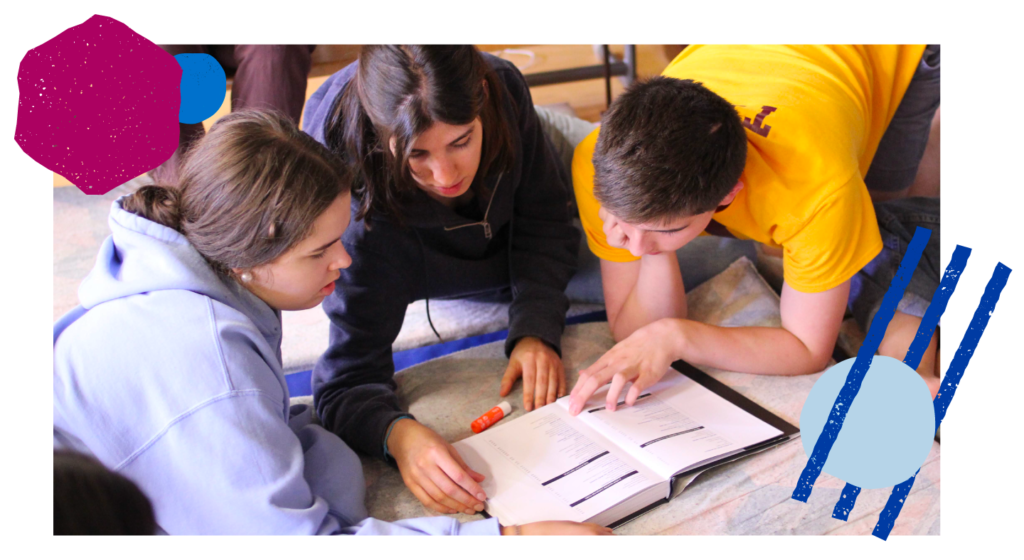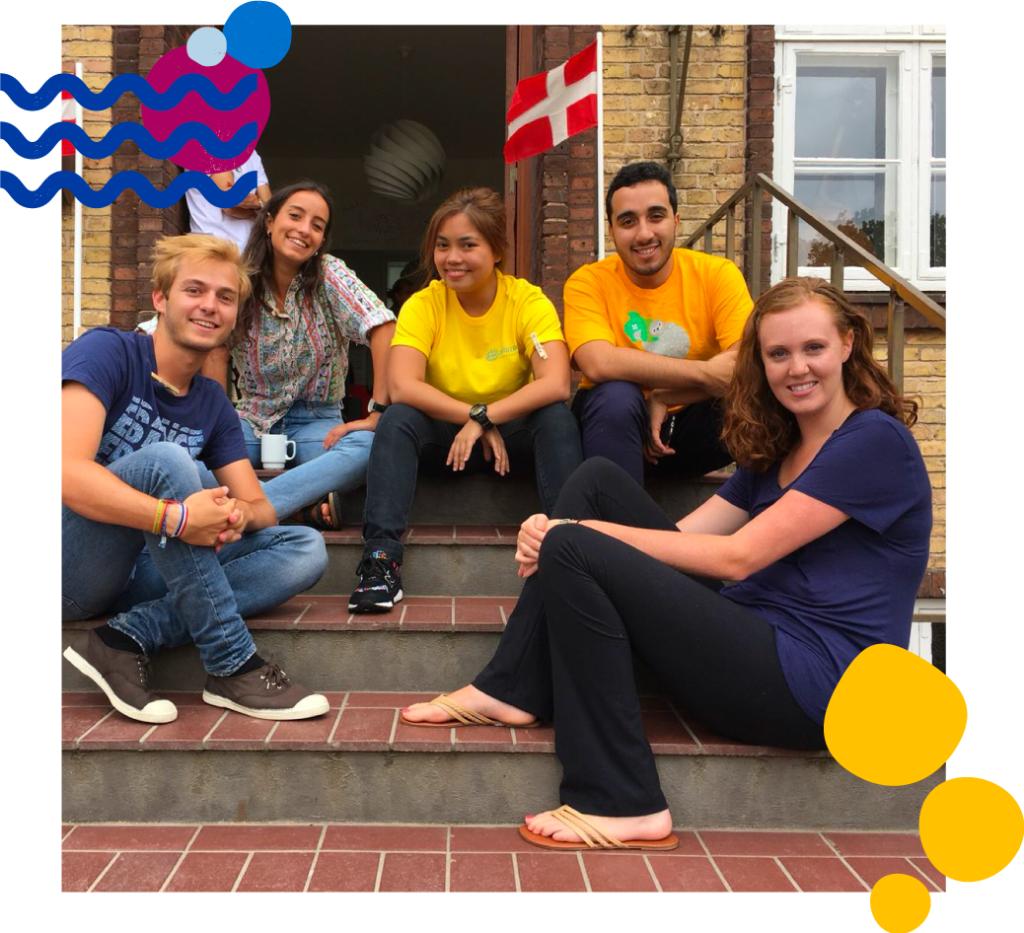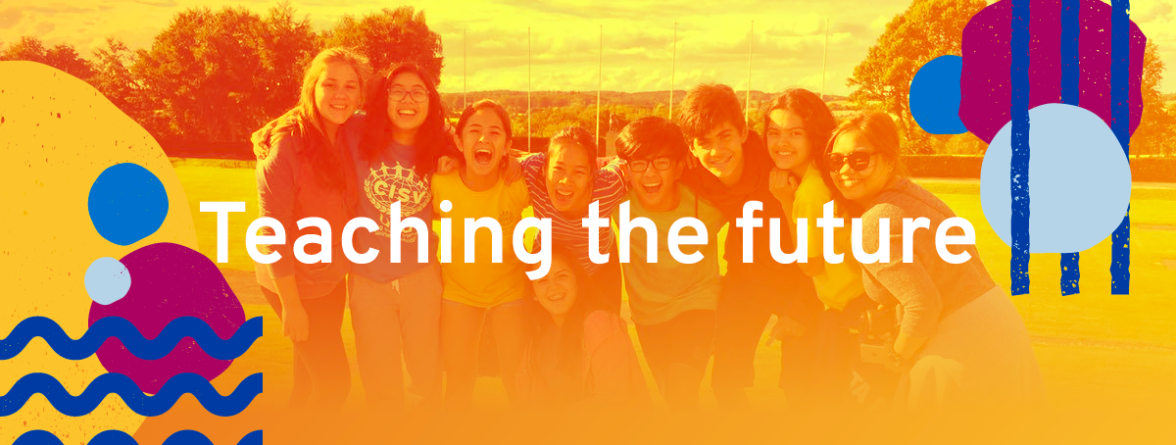Teaching the future

Managing Conflicts Within Delegations
October 15, 2019
CISV in reality
November 21, 2019Being a leader for CISV is one of the most unique and fulfilling experiences you’ll have in your lifetime.
You’ll make new friends, explore new cities, and even learn new things about yourself. While it may seem like just a month-long activity, it’s an experience that will shape the rest of your life.

But what does it mean to be a leader for CISV? Every year, thousands of children and youth travel to different countries for a Village, Interchange, Youth Meeting, or Step Up programme. They can’t go alone, and that’s where you come in!
While every leader experience is different, here are some things you can expect from volunteering at a CISV camp:
1. Step out of your comfort zone
As a leader, you’ll get the chance to travel to a new place or gain a different perspective of your own country. You’ll meet adults, youth, and children from different places, each with their own unique background, culture, and lifestyles. Not only will you make lifelong international friends, but you’ll be exposed to new languages, food, behaviours, and beliefs.
This experience will challenge you to think outside the box and interact with a diverse group of individuals. No two days will be the same!
2. Educate using a fun, interactive approach
We offer an exciting way of educating the youth through experiential learning or “learning by doing.” Instead of doing a lecture or providing a textbook, our programmes use fun, relevant, age-appropriate activities to achieve learning objectives.
Depending on the programme, activities can be run by adults or the participants themselves. As a leader, you’ll guide the children to get the most out of their programme.
3. Tackle key content areas
While activities are an exciting blend of fun and learning, they also cover CISV’s core educational content areas, which include Human Rights, Diversity, Conflict and Resolution and Sustainable Development. Every year, the organization focuses on one or more of these content areas to foster open-mindedness, intercultural awareness and an understanding of the world around us.
As a leader, you’ll have the opportunity to address these content areas in a meaningful way that will have lasting effects on the participants.

4. Safeguard and promote the welfare of the children
Part of the leader experience at camp is ensuring the safety and wellbeing of the participants and young people at camp. As an international organization that exists in over 60 countries, CISV takes all the necessary steps to put the safety and welfare of the children first.
For a CISV programme to run smoothly, leaders must be responsible for recognising the unique needs of their delegates and actively provide a safe environment away from harm.
5. Inspire action for a just and peaceful world
Each programme was designed to give participants increasing levels of personal responsibility. The role of a leader is not just to run activities or act as a legal guardian, but to encourage participants to make a positive impact in their respective communities and be active global citizens. As a leader, you will directly promote CISV’s mission to educate and inspire action for a just and more peaceful world.
By: Trish Deluria, CISV Philippines




1 Comment
[…] Leaders Blog – Teaching the Future […]